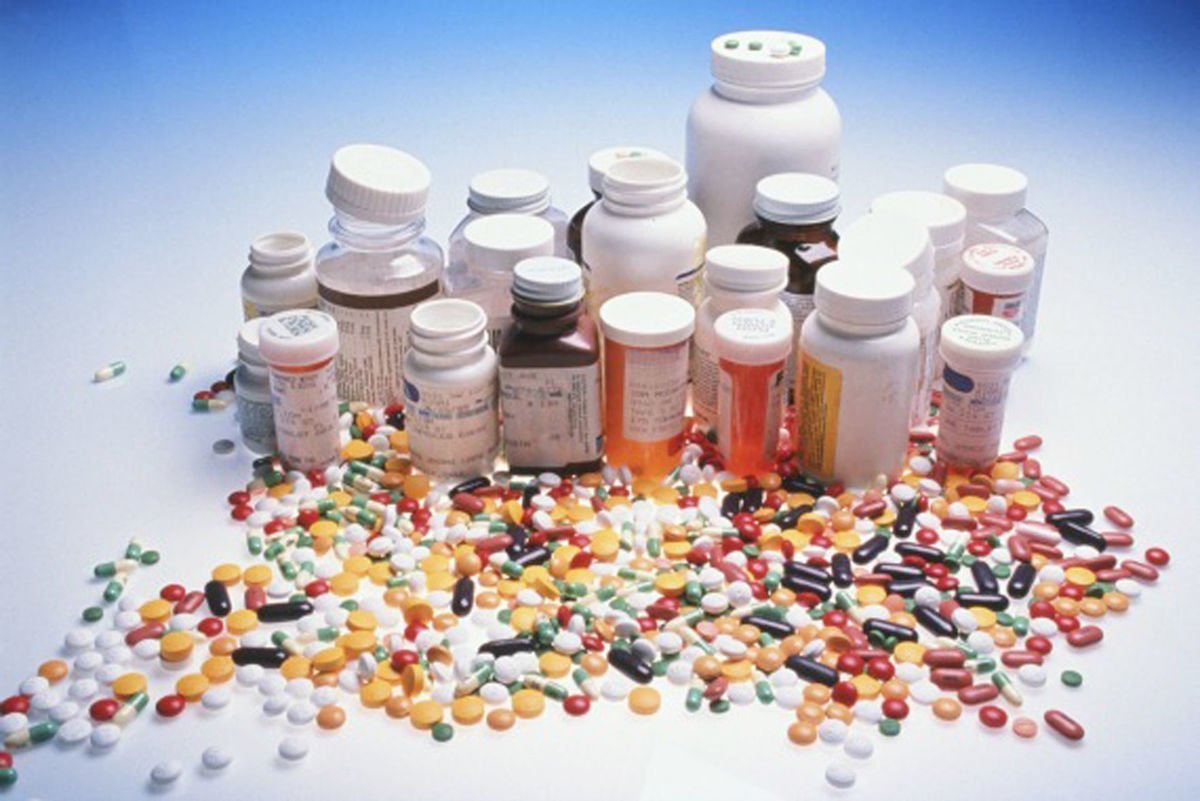The NHS is in crisis, starved of the resources it desperately needs. The major pharmaceutical companies, however, are laughing all the way to the bank, making massive profits off over-priced drugs.
When first creating the NHS, the post-war Labour government made a blinding error – it left the drug companies in private hands. Today, these giant companies are holding the health service to ransom and charging more-or-less what they like for essential medicines.
The government health regulator, NICE (the National Institute for Health and Care Excellence), currently restricts the supply of medicines given to patients in order to keep costs down.
Such restrictions on life saving drugs are costing many people their lives. A great many more are seeing their health deteriorate down to the specified danger level before NICE will approve the use of the drugs they need. This has to stop.
Aggression and bullying
The Competition and Markets Authority (CMA) has fined some drug companies for unfair pricing. But the fines are small and the process too complex and protracted to be effective. The risks are low, so companies simply add the costs to normal running overheads, whilst continuing to rake in billions from the NHS budget.
Aspen recently bought five cancer drugs from GlaxoSmithKline (GSK) and attempted to sell them in Europe for 40 times their original price. During negotiations, the Spanish Health Minister, was told to agree to a price rise of 4000% or Aspen would shut off the supply. The Italian government was similarly threatened in regard to price rises of 2100%. Aspen’s monopoly position enables this aggressive and bullying approach.
The British CMA has exposed examples of companies blatantly fleecing the NHS through excessive pricing. Pfizer and Flynn Pharma were each fined for overpricing on an epilepsy drug. GSK and two smaller firms were also fined for restrictive competition practices in pricing an antidepressant. In short, price fixing is taking place on a grand scale.
The Canadian giant Concordia Healthcare has been accused of overcharging the NHS for a thyroid treatment by 6000%, despite no appreciable rise in production costs. Apparently, Concordia used so-called debranding as the lever. Debranded drugs are not subject to price regulation, because competition supposedly reduces the price.
It doesn’t require a degree in organised crime to see that drug monopolies can and do get together and fix prices between them. Whilst this is clearly illegal, it is rarely challenged in court.
No more pharma threats
 A great many drugs cost just a few pounds to produce. Pricing more in line with the actual production costs would greatly ease the pressure on NHS budgets.
A great many drugs cost just a few pounds to produce. Pricing more in line with the actual production costs would greatly ease the pressure on NHS budgets.
We must ask, however: how is this to be put into effect? Ultimately, you can’t control what you don’t own.
Another suggestion, is for the government to enforce the provisions of the 1977 Patents Act. This would allow the state to override a patent and issue a compulsory licence – provided that the company is adequately compensated, naturally. This would still cost a fortune and is not a workable solution.
The drug companies claim that it costs as much as $2.6bn to develop a new drug. Without high and attractive prices they would be unwilling to invest and maintain the flow of new drugs.
This is clearly a threat. Respected investigations have shown that the average cost of development is $648m, about a quarter of what is claimed. In any case, developers largely rely on government money for research and development.
There is clearly no possibility of regulating Big Pharma, or appealing to their better nature. Such a thing does not exist. Government watchdogs and regulators are utterly toothless and are proven to be reluctant to act. Even where they can do so, Big Pharma is left virtually untouched. It seems clear that the interests of Big Pharma and the Tory party are also tightly tied.
The only workable solution, is to elect a Labour government that is committed to fully restoring the NHS and providing the services we all need.
In order to get the necessary control over the pricing and production of drugs, Labour must nationalise the major drug and pharmaceutical companies. Then they can no longer bleed the health service budget or threaten to shut off supply.






